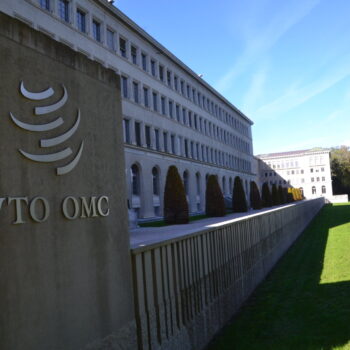The Energy Union is a European project designed to use the power of cross-border collaboration to address new energy challenges. It has a major potential to reduce the costs and risks of the European energy transition, as well as forming a new impetus for growth in Europe’s economy. By enabling concerted action at EU level, the Energy Union can:
> Integrate energy markets and allow member states to share resources, reliably and cost-effectively
> Unlock the potential of the demand-side solutions, smart grids and digital innovation to transform the resource efficiency of the energy system
> Establish a robust and predictable governance system to create more investor certainty, lower costs of capital, and attract new sources of finance.
To assist the Commission in developing the Energy Union agenda, in late 2014 E3G, CISL and ECF collaborated to develop a set of ‘6 principles for a resilient Energy Union’ – foundation points for an effective, efficient and forward-looking EU energy and climate strategy.
The European Commission will publish its first ‘State of the Energy Union’ on 18 November 2015 – one year on from when the new Commission was confirmed and the appointment of a dedicated Commission Vice-President for Energy Union was announced.
One year later, this new ‘Energy Union Performance Assessment’ tracks the progress of the Energy Union project so far against these initial principles.

Assessment image availible here


